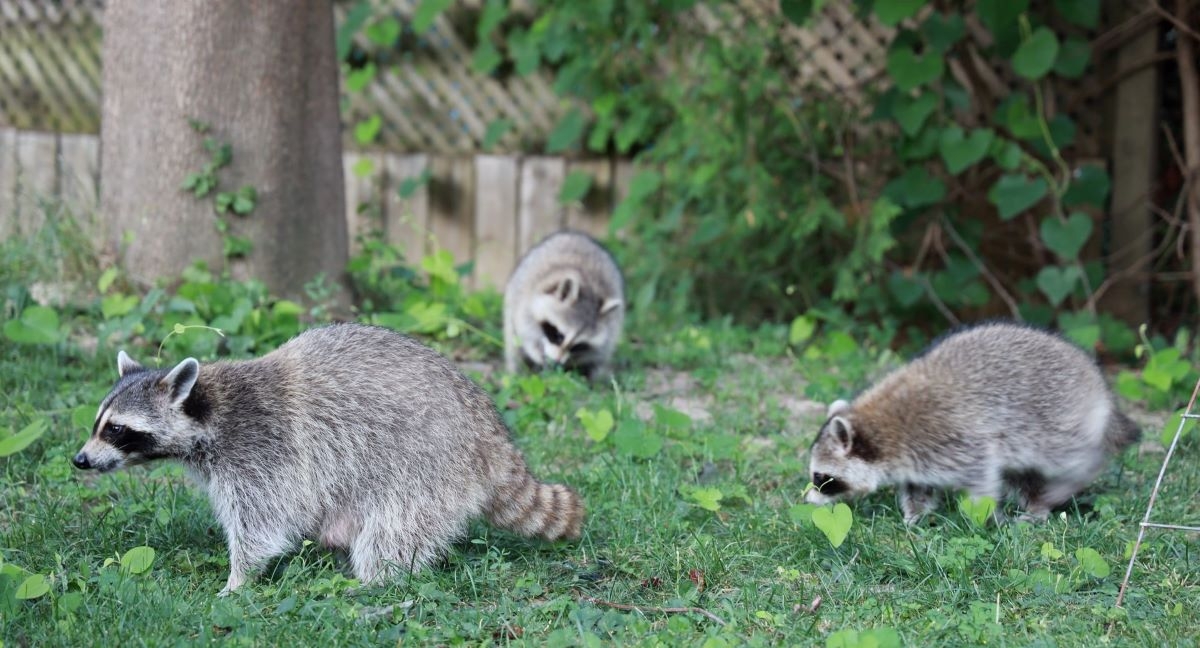
Pests to watch out for this summer in Ottawa
The winter’s finally behind us in Ottawa! Just as we’re excited, the vegetation is too, with the springing up of lush fields with pretty flowers. But that’s not all — wild animals, from tiny insects to large mammals, are awake from their hibernation or out of their shelter to explore the warmer season. As temperature rises, in a couple of months, we’ll dive right into summer — the season where pests are most active. In this post, we explore some of the pests and nuisance wildlife to watch out for this summer.
- Ticks
Ticks present a significant and growing threat to Ottawa residents. This notorious insect poses a serious health risk to humans and pets, spreading diseases such as Rocky Mountain spotted fever and Lyme disease.
To protect yourself, make sure you wear insect repellents when going to any grassland or wooded areas. Even more importantly, ensure you inspect yourself when you get back home. And if you are bitten by a tick, seek medical attention.
- Snakes
Thanks to Ottawa’s relatively cool climate, most snake species are non-venomous. There’s only one native poisonous snake species in Ontario – the Eastern Massasauga Rattlesnake. However, seeing a snake in your house or yard can cause quite a scare.
The snake you see might just be passing by, or it may be attracted by a high rat population in your property. Dealing with your rat infestation problem will make your property less attractive to snakes.
For your safety, do not get close to a snake – especially if you cannot identify what species it is. It is important to get rid of the snake and you can contact a wildlife professional to help you remove it.
- Mosquitoes
When mosquitoes bite, the most common reactions to the bite are swelling and itching. Only female mosquitoes bite people to obtain the blood meal they need to produce eggs. However, some mosquitoes can be vectors and spread pathogens to people and animals.
During the summer, mosquitoes are known to transmit the West Nile virus. Symptoms of this severe illness include headaches, high fever, stupor, neck stiffness, disorientation, vision loss, and more. People over the age of 60 have a greater risk of contracting the virus.
Applying repellent with a DEET of at least 30% can help keep mosquitoes away.
- Raccoons
Raccoons are reputable for the immense damage they cause to properties. Raccoons give birth from the spring up into the summer. During this period, they use attics and chimneys as dens to raise their young. So, if there’s easy access to your attic, chimney, or crawlspace, a raccoon may take advantage of it. That’s why you must seal up all potential entry holes this summer.
These pesky creatures are also attracted by the presence of food. This may be from the trash can, pet food, bird feeder, or even fruits and vegetables in the garden. Ensure that you keep your yard clean and make food sources inaccessible to these nuisance pests. For more information on keeping raccoons away from your property, visit raccoontips.com.
- Rats
Rats are known to breed during the warm summer. And because of their high fecundity, a rat infestation is the last thing you want. The rat population can swell from two rats to around 1,250 in one year!
Rats and mice also chew on different kinds of objects, including wood, insulation, and even wires. They do this to keep the length of their incisors in check. These nasty pests also spread diseases by contaminating food and water sources, as well as through bites and scratches.
Ensure you seal all potential entry holes while keeping a clean yard to keep rats away. Snap traps should be used to kill rats should an infestation arise.
- Ants
While many ant species do not bite, some do. Thankfully, they do not transmit infections, but their bites can be painful. For instance, a European fire ant sting will cause sharp pain and burning, which will turn into an itchy white blister the next day.
The best way to avoid ants this summer is to prevent them from building nests on your property.
Photo: Richard Burlton, Unsplash









